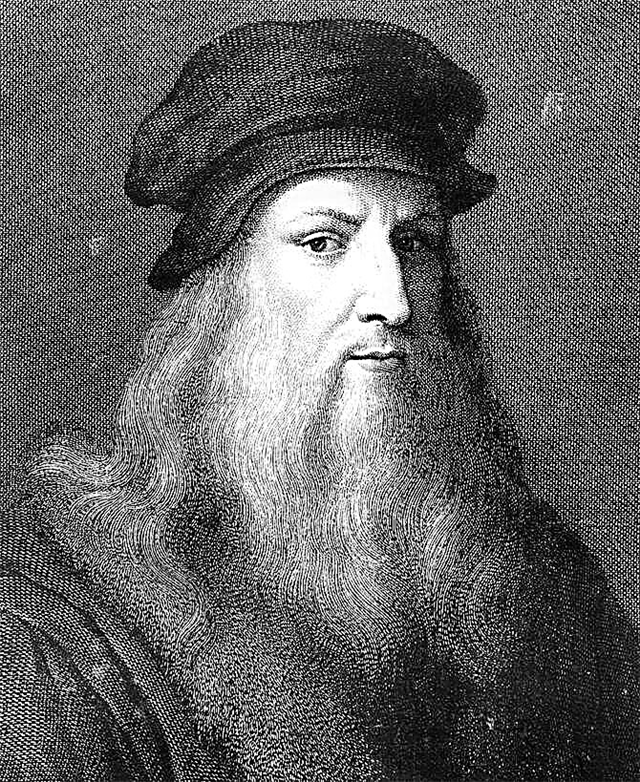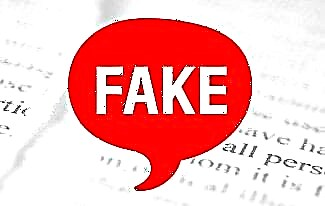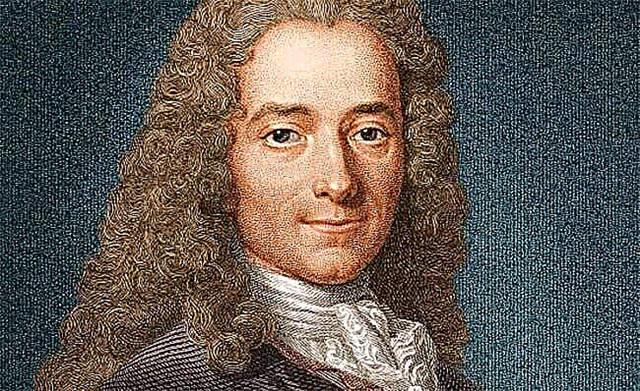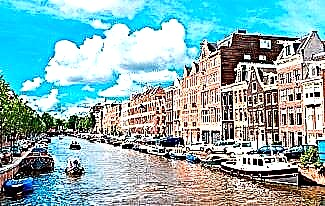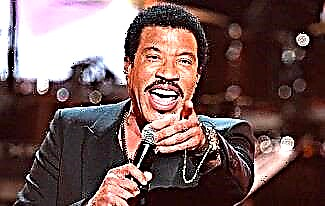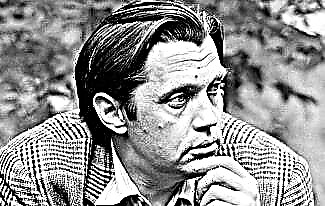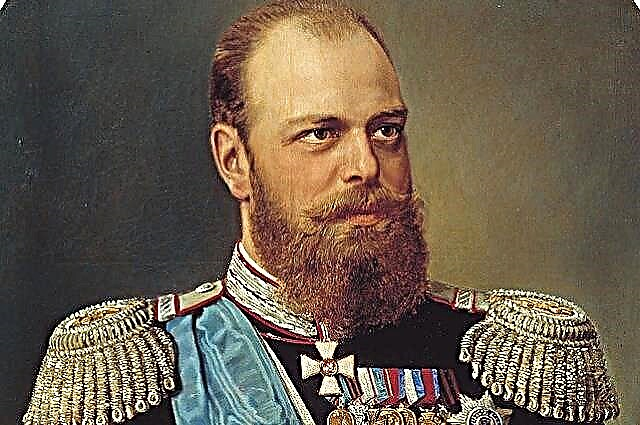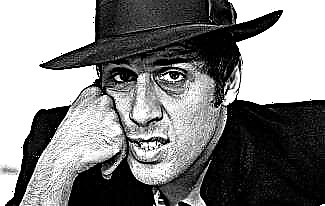Both creativity and character of Valery Bryusov (1873 - 1924) are so contradictory that even during the poet's life they gave rise to extremely opposite assessments. Some considered him an undoubted talent, others spoke of hard work, thanks to which the poet achieved success. His work as an editor of literary magazines was also not to the liking of all colleagues in the shop - Bryusov's sharp words did not know the authorities and did not spare anyone. And the political views of Bryusov and the attitude of the Russian foreign intelligentsia towards them after the October Revolution definitely took the poet many years of his life - the “gentlemen in Paris” could not forgive the poet for his close cooperation with Soviet power.

All this inconsistency, of course, is only possible with great creative personalities, whose talent cannot be put into a beautiful hairstyle with a comb. Pushkin and Yesenin, Mayakovsky and Blok were the same. Without throwing, the poet is bored, in a tight framework is uninteresting ... In this collection we have collected the facts documented by Valery Bryusov himself, his family, friends and acquaintances, as they would say now, “online” - in letters, diaries, newspaper notes and memoirs.
1. Perhaps the roots of Bryusov's love for new forms and unbroken solutions lie in infancy. Contrary to all traditions, the parents did not swaddle the child, fed him strictly by the hour and bought exclusively educational toys. Considering that mom and dad forbade telling the baby fairy tales, it will become clear why the nannies did not stay with him for a long time - they did not tolerate such an outrage against traditions.
2. The first work of Bryusov, published in the press, was an article about the sweepstakes. Valery's father, then in the fifth grade, was fond of horse racing and even kept his horses, so Bryusov's knowledge of the subject was almost professional. The article, of course, came out under a pseudonym.
3. After the release of the first two collections of the Symbolists, which included Bryusov's poems, a wave of extremely impartial criticism fell upon the poet. In the press, he was called a sickly clown, a harlequin, and Vladimir Solovyov argued that Bryusov's metaphors are evidence of his painful state of mind.
4. Bryusov from a young age planned to make a revolution in Russian literature. At that time, novice writers, publishing their first works, in the preface asked critics and readers not to judge them too harshly, to be condescending, etc. Bryusov called his first collection "Masterpieces". Critics' reviews were pejorative - insolence had to be punished. The collection “Urbi et Orbi” (1903) was received by the public and professionals warmer than “Masterpieces”. Criticism could not be completely avoided, but even the strictest judges recognized the presence of talented works in the collection.
5. Bryusov married Iolanta Runt, who worked for the Bryusovs as a governess, in about the same way as he was brought up in deep childhood, no “bourgeois prejudices” like a white wedding dress or a wedding table. Nevertheless, the marriage turned out to be very strong, the couple lived together until the poet's death.

With wife and parents
6. In 1903, the Bryusovs visited Paris. They liked the city; they were surprised only by the complete absence of the "decadence" that was raging in Moscow at that time. It turned out that everyone in Paris had long forgotten about him. On the contrary, after the lecture, Russian and French listeners slightly criticized the poet for the lack of social ideals and immorality.
7. Once a young acquaintance came to Bryusov and asked what the word “vopinsomania” meant. Bryusov wondered why he should explain the meaning of a word unfamiliar to him. To this the guest handed him a volume "Urbi et Orbi", where the word "memories" was typed in exactly this way. Bryusov was upset: he considered himself an innovator, but did not think that readers could consider him capable of composing such dissonant new words.
8. In the 1900s, the poet had an affair with Nina Petrovskaya. Stormy at first, the relationship gradually passed into a stage of endless clarification of who is right. In 1907, Petrovskaya, after one of Bryusov's lectures, tried to shoot him in the forehead. The poet managed to knock out the girl's hand holding the revolver, and the bullet went into the ceiling. Voluntarily or involuntarily, Petrovskaya then introduced Bryusov to the joys of intoxication from morphine. Already in 1909, in Paris, the writer Georges Duhamel was amazed when a guest from Russia began to beg him for a prescription for morphine (Duhamel was a doctor). Bryusov did not part with addiction until the end of his life.

Fatal Nina Petrovskaya
9. Another difficult love story happened with V. Ya. Bryusov in 1911-1913. He met a young native of the Moscow region, Nadezhda Lvova. Between them began what Bryusov himself called “flirting,” but the heroine of this flirting insistently demanded that the poet, who published several of her poems, leave his wife and marry her. The result of the claims was the suicide of Lvova “out of boredom” on November 24, 1913.
10. Bryusov fervently believed in the existence of Atlantis. He believed that it was located between the African Mediterranean coast and the Sahara. He even planned an expedition to those places, but the First World War interfered.
11. At the beginning of the First World War, Bryusov went to the front as a war correspondent. However, the rhythm of work, censorship and poor health did not allow the poet to go further than monotonous articles about the drunken Germans going into the attack and the sober Russian fighters reflecting their offensive. Moreover, even at the front, Bryusov tried to look for opportunities for everyday literary work.
12. After the February Revolution, V. Bryusov seriously set out to become an official-bibliographer, took office at the Department for Registration of Print Works in the Commissariat of Education (Bryusov was a very good bibliographer), but in the revolutionary heat of those days he did not last long. Much stronger was the desire to compose an anthology of ancient Greek and Roman poetry with the telling title "Erotopaegenia".
13. After the October Revolution, V. Bryusov continued to work in the government, which aroused hatred among his recent colleagues and comrades. He had to sign orders for issuing paper for printing works of various authors, which also did not add good feelings to Bryusov. The stigma of the Soviet censor stuck to him for the rest of his life.
14. In 1919 Valery Yakovlevich joined the RCP (b). The worst scenario for the “decadents”, “symbolists”, “modernists” and other representatives of the Silver Age could not be imagined - their idol not only helped the Bolsheviks to collect old books on the landlords' estates, he joined their party.
15. Bryusov founded and headed the Literary and Art Institute, which became a point of attraction for the literary talents of Soviet Russia. As the head of this institute, he died in October 1924 from pneumonia caught in the Crimea.


